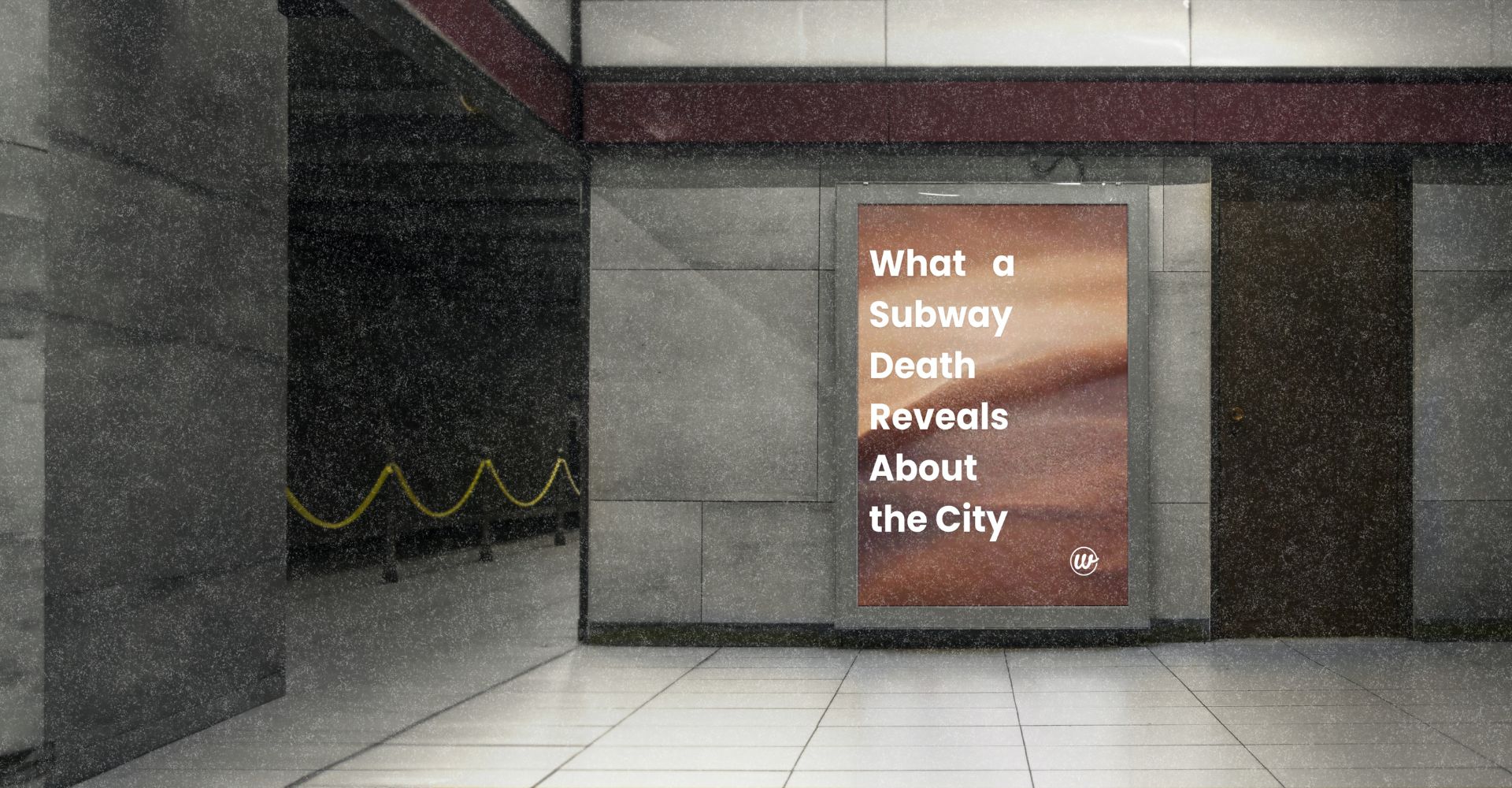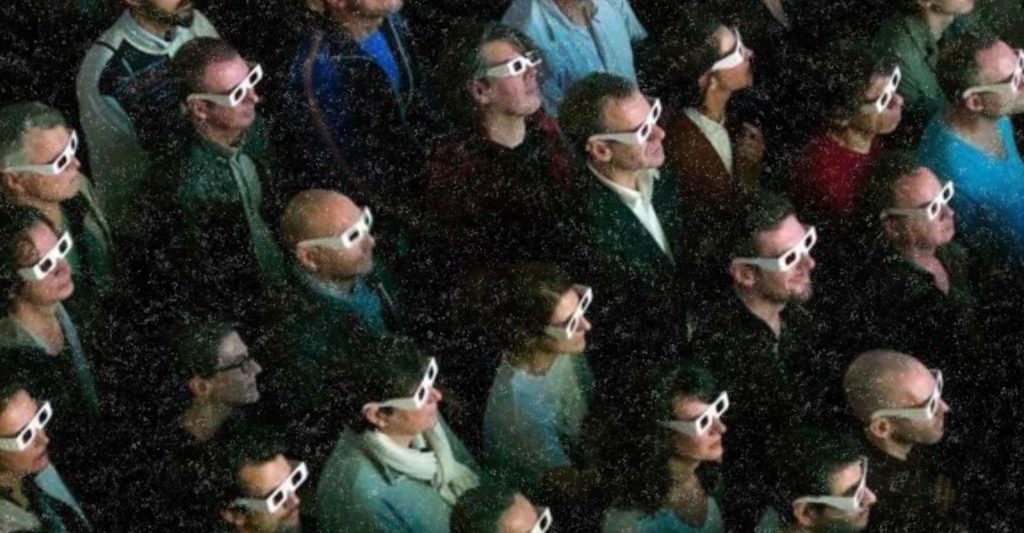
What a Subway Death Reveals About the City
Like a lot of people in New York and across the country, I’ve been following the May 1 death of Jordan Neely, a 30-year-old subway performer with a history of mental illness. Neely was killed after a 24-year-old former U.S. Marine named Daniel Penny put him in a chokehold for about 15 minutes on the subway after Neely had been shouting at other passengers. Penny, who has now been charged with manslaughter, is white and Neely was Black.
Most people I speak to, I know have been talking about this incident, which raises so many issues, from crime, race, poverty and vigilantism to how the City treats people with mental illness. But what I think it is really about is how the City feels about “the undesirable.” Jordan Neely represents so many of our fellow New Yorkers, the ones that others are afraid to confront or acknowledge. The ones that get stepped over or ignored on the way to brunch. People can be so cruel, man, especially some* New Yorkers.
We have such an entrenched structure and class system in this city (and country) that once you reach the poverty level, it doesn’t really matter who you are or what color you are, or anything else. You are the bottom of society and if you die, society thinks it’s okay and little to nothing is ever done about it. In today’s highly connected social media era, we are being inundated with information and garbage. There is too much going on. We are losing our critical thinking skills, and our empathy. We default to emotional states of being instead of rational ones. We are becoming desensitized to just being a human being. We are losing our ability to understand another’s behavior in context. What if you had a bad month, lost your job or your apartment, and you lashed out? What if your mother had been killed by her boyfriend like Neely’s was?
Instead, horrifying incidents like Neely’s death (when they get noticed at all) become the subject of public debate, and the fact that it is a debate is a problem. Somebody was choked to death because they lost their shit. And we don’t know yet what Daniel Penny was thinking or if he had PTSD or other issues of his own. But keeping someone who did not attack anyone in a chokehold for more than 15 minutes (a quarter of an hour for perspective), and even once they were no longer a threat, seems very questionable on the surface. What good intention could Penny have had by minute 15? How could that have been justified? Yet, some defend the vigilantism. One person I talked to basically said that if you act in an unstable way like Neely did, you have to face the potential consequences.
That kind of cold, indifferent response seems fairly typical today, especially in New York. People are now willing to say whatever they want to someone else’s face. I grew up in a New York City where if you bumped into someone in the nightclub, it could be an issue. The City was just cut through with this type of energy: You had to know how to navigate people in a crowded metropolis and pivot on a dime. And if you couldn’t, then you got out of the way. This was the Soup Nazi’s Manhattan. Now that kind of ability has washed away. People today will walk into you and not say anything at all. And sometimes things escalate, like with Jordan Neely.
Marines like Penny should know better. They are trained to kill, and they have a whole lot more training than the average NYPD officer. But still so many of us defer to the marine without question or closer examination. An online fund has already raised nearly $2 million for Penny’s legal defense fund (Neely’s relatives by comparison have raised $82,000 for his funeral expenses). Ultimately, what this case, like so many before it and after it, says (at least subliminally) is that in New York City if you’re poor and unwell, then you are an undesirable, and you can be killed and nothing will be done about it. Is that humane? As the song goes: Welcome to New York.
We no longer institutionalize the mentally ill due to it being deemed as inhumane. So now what? Society has now been left to its own devices. Is this the “best” we can do? If we truly care about our own health and well-being – and we could truly be on the receiving end of this – will we take a stand to make a difference for the sake of health, wellness, and simply humanity?






